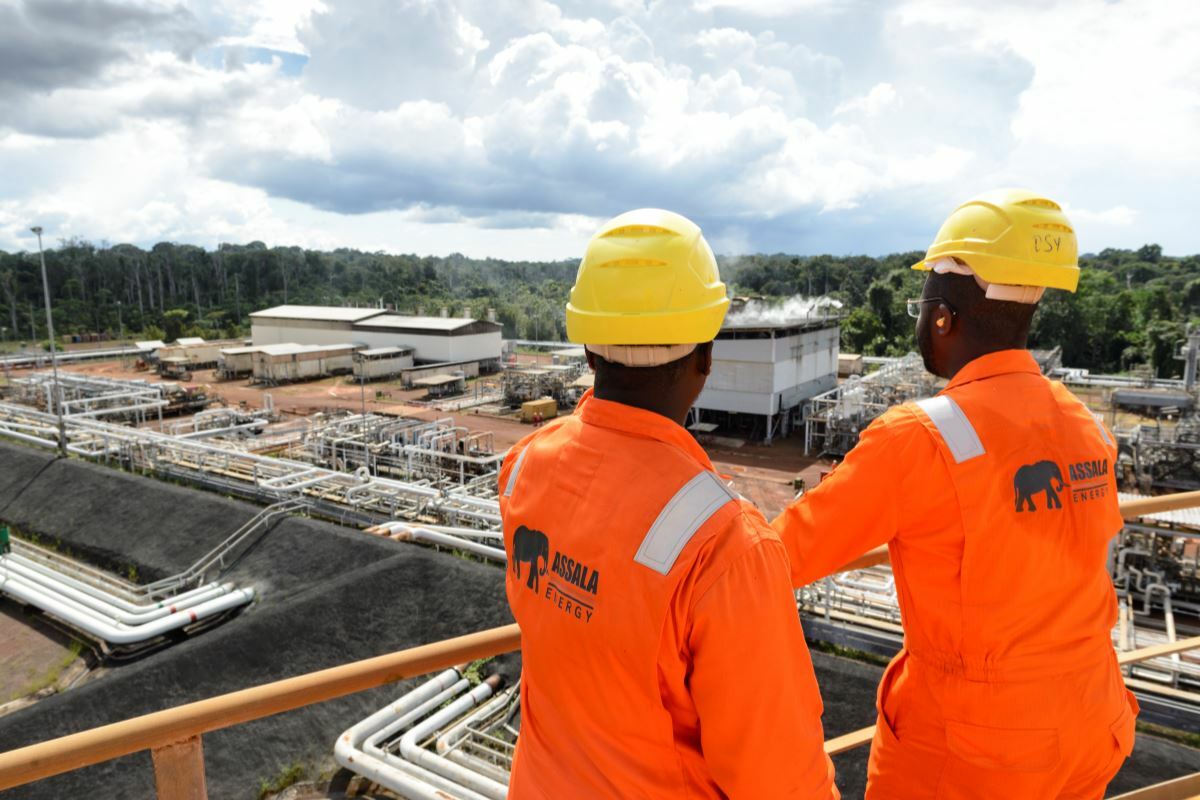
As market conditions continue to create uncertainty in the oil and gas industry, companies survive oil price fluctuations by operating lean and controlling their cost base. When Assala Energy beat the clock to acquire assets owned by Royal Dutch Shell, they demonstrated how fast new cloud-based business applications can be delivered to eliminate overhead and seize opportunity.
“When you embark on the acquisition of another company, you never know what’s going to happen. And you never know exactly what’s going to be required,” explained Tommy Mars, Managing Director, as he tells the story about how his energy management consultancy firm, Opportune LLP, helped UK-based, Carlyle-backed, Assala Energy beat the clock to ink one of the largest foreign direct investments in sub-Saharan Africa, for Gabon onshore assets owned by international oil major Royal Dutch Shell.
Opportunities in Divesting
As market conditions continue to create uncertainty in the oil and gas industry, companies survive oil price fluctuations by focusing on being lean. They are rigorously eliminating waste, managing by exception, focusing on core skills, outsourcing their commodity tasks, and optimizing production and throughput of existing assets.
This creates opportunity for mid-market firms like Assala Energy as large enterprises like Shell opt for a divestiture strategy in parts of their business where substantial corporate overhead eats into profit margins. Shell’s program of divesting $30 billion worth of assets through 2018 focuses on the most competitive projects that can earn returns even at lower points in an oil price cycle. They plan to exit five to ten countries and focus only on projects that provide competitive advantages.
But there was a catch. To execute the $628 million acquisition, Assala had to set up a complete corporate IT application estate in less than 6 months. “When you enter into one of these acquisition deals, there is a transition period over which the work is done to ensure that when the business is finally purchased, it meets the intended outcome for both parties,” explained Jonathan Davis, IT Transformation Director for Assala.
Assala was acquiring a business that had been running in Gabon 40 years. Their goal was for a seamless and transparent transition to minimize the impact on employees.
Teaming Up to Meet the Challenge
“We went in knowing that we were going to acquire certain assets from Shell where SAP was probably one of the most significant applications supporting the business, and that they would have more than 300 hundred people familiar with using SAP in some way, shape, or form,” said Davis.
The team that met the challenge of delivering the solution in this short timeline included Opportune, Accenture, and SAP. Opportune provided client-side project management and SAP business process expertise. Accenture served as application systems partner, leveraging their Accenture Upstream Direct© industry template to bring deep experience in both the Upstream Oil & Gas sector and SAP agile delivery methods. SAP provided hosting services.
“Using the latest agile approach to delivering SAP solutions; the combined strengths and assets from Accenture, SAP and Opportune; and the focus that an acquisition deal completion date can bring; drove the team to achieve a common goal to deliver operational-ready business SAP applications in under 6 months,” explained Phil A. Smith, Accenture Managing Director (SAP).
Together the team implemented SAP S/4HANA Oil & Gas solution on the SAP HANA Enterprise Cloud, as well as SAP SuccessFactors solutions. They successfully transitioned employees off the Shell systems onto Assala’s new platform that included payroll and another 40 core applications.
With no time to spare, in November 2017, Assala announced the successful completion of the acquisition.
Focusing on the Assets
“The bigger picture that I think this demonstrates to companies of a similar size, is that you can implement SAP in a very quick and sustainable kind of way — in a six-month sort of timeframe, with one of the big system integrators using the SAP HANA Enterprise Cloud, in a way that isn’t going to break the bank,” said Davis.
By removing excess overhead and placing a stronger focus on the assets themselves, Assala can now run a very lean business. “Effectively, upstream oil and gases are a very simple business. You take the oil out of the ground, you sell it for the price — whatever the price is and what the market is trading at the time. The main thing you have to control is your cost base, and having SAP gives us a very strong, reliable, view on how cost is accumulating so we can manage more effectively,” said Davis.
This is just the beginning. Over time, Assala plans to look for new growth and expansion opportunities as well as play an important role in the future development of Gabon’s energy sector. Stay tuned…
Related Insights
Looking for expertise in the energy industry? We’ve got you covered.
Find out why the new landmark legislation should provide a much-needed boost for the development of carbon capture.


